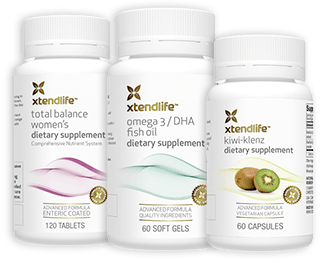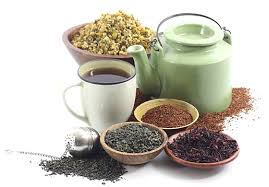What are the benefits of pomegranate for your overall health?
The benefits of pomegranate may be widely publicized, but are they widely understood? Can you separate fact from fiction when it comes to its purported therapeutic value?
Pomegranate is native to Iran and has been used in medicine in numerous cultures for thousands of years. It’s mentioned in sources ranging from Greek mythology to Christian Scriptures. In fact, records of pomegranate’s medicinal uses date back to 1500 B.C.
Pomegranate benefits several aspects of heart health and is used to treat and prevent high blood pressure, heart failure, atherosclerosis (hardening of the arteries) and heart attack.
What do the experts say about pomegranate?
Mayo Clinic cardiologist Thomas Behrenbeck says that while it’s not clear if drinking pomegranate juice can lower cholesterol, “it's thought that pomegranate juice could block or slow the buildup of cholesterol in your arteries when you have persistent, elevated levels of fats (lipids) in your blood and other risk factors associated with heart disease.”
The benefits of pomegranate reach farther than heart health, however. Pomegranates are often called a “superfood” because of their high antioxidant content, making them powerful disease fighters. Dr. Oz included this fruit on his “Ultimate Anti-Cancer Shopping List” and highlighted the juice as “extremely antioxidant-rich,” preventing both colon and prostate cancer.
Some studies have found that compounds found in this juice prevented prostate cancer cells from growing in a laboratory setting, and research suggests that it may slow the progression of this disease.
Other research points to its ability to help reduce the growth and prevent formation of kidney stones.
Pomegranate is also used to treat digestive conditions, including diarrhea and parasites such as tapeworm, as well as fungal mouth infections, gum disease and sore throat. One thing it doesn’t do: offer relief from Chronic Obstructive Pulmonary Disease (COPD). Natural Medicines Comprehensive Database states that pomegranate failed to improve breathing in people with this condition.
Reaping maximum pomegranate benefits
Pomegranates offer several nutritional benefits. One pomegranate has nearly half of the daily recommended amount of both vitamin C and fiber, and contains potassium, which can lower blood pressure. Fresh pomegranate can also be a good food for weight loss as it takes time to extract the kernels and eat them, allowing your body to acknowledge that it’s full. Its high fiber content is also a hunger buster and its taste can help curb a sweet tooth.
To reap the most benefits, choose pomegranate products without added sugar, which just pack in extra calories and can contribute to numerous health problems, including the heart conditions for which pomegranate is often used. The benefits of pomegranate can be essentially negated by the adverse effects of the sugar.
It’s also important to choose products made with a high concentration of pomegranate rather than artificial flavoring or small amounts of pomegranate mixed with other ingredients. While the latter won’t necessarily be unhealthy, they also won’t provide the pomegranate benefits of products that contain a high percentage of the real stuff.
Read more on our medicine herbs page or return to the HSG home
Resources...
Search our site...
PREMIUM SUPPLEMENTS
The most advanced herbal supplements on the market
BULK HERBS AND TEAS
Need bulk herbs, teas, supplements and capsules?

